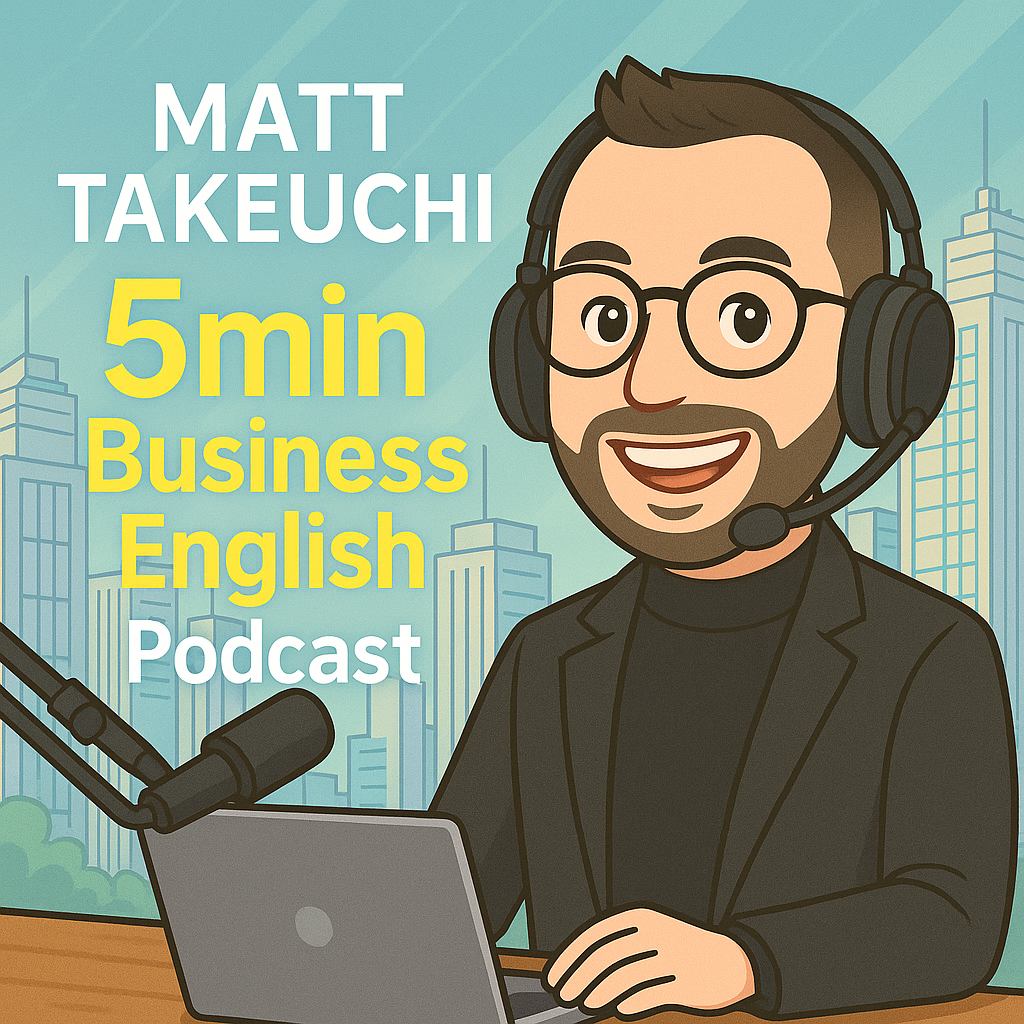Are inventions losing their inventiveness? 発明がその新奇性を失っている?
今回の記事は「発明がその新奇性を失っている?」という内容です。さていったいどのような内容なのでしょうか。
今回のポッドキャストです。お聴き下さい。
本日のSentence
The heroes of the Industrial Revolution enabled the transition from agrarian to manufacturing economies, but the current-day invention scenario lacks such heroes.
産業革命の英雄たちは農業から工業経済への移行を可能にしたが、現代の発明の筋道にはそうした英雄はいない。
Business English Pro 【Intermediate Levelから】
The way inventions are achieved and perceived has gone through a series of changes from the age of Stephenson and Morse--whose novel ideas made it possible to move from agrarian to manufacturing economies--to the modern era. The world has undoubtedly witnessed a number of innovations in industries such as railways, automobile, communication, and photography. However, patent records show that the discovery of new classes of technology has become atypical among inventions of the 21st century.
To sustain this argument, Youn Hyejin of Oxford University has recently published a paper in the Journal of the Royal Society Interface. In this paper, Dr Youn and her colleagues use statistical data from the United States Patent and Trademark Office to show how inventions have changed over the years.
According to the study, there are two types of inventions: those that rely on the combination of two known technologies to achieve a novel result, and those that are true discoveries of completely new technologies. Thomas Edison’s invention of the light bulb is an example of the former, while Shockley’s invention of the transistor is an illustration of the latter. Many inventions of the 19th century were founded on discoveries, while most of the inventions in the modern era are a recombination of existing technologies.
According to The Economist, biotechnology now occupies a similar position to that of the physical sciences in the 19th century. Therefore, this field of research has immense potential to lead the landmark inventions based on completely new and unknown technologies.
ボキャブラリー
| enable | verb | 可能にする。何かをする能力または機会を与えること |
|---|---|---|
| transition | noun | 移行。ある状況や形、状態から別の状況等へ変化するプロセス |
| rare | adj | まれな。そう多くは起こらない |
| originality | noun | 新奇性。新しく、他と違うという性質 |
| combination | noun | 組合せ。物を一緒に置いたり、使ったり、混ぜ合わせるプロセス |
日本語訳
19世紀の発明は基本的に現代の発明とは違っていた。これは、オックスフォード大学のユオン・ハイジュンによる研究の結論である。
産業革命の英雄たちは農業から工業経済への移行を可能にしたが、現代の発明の筋道にはそうした英雄はいない。
このことは近年の特許登録でも明らかで、現代では新しい技術分野が導入されることはめったにない。
輸送や通信における技術の進歩は否定できないが、多くの発明が今その新奇性を失っていることもまた明白である。
ユオン博士の研究によると、現代の発明の多くは既知の技術をさらに組み合わせたものに基づいている。これは新技術の発見のほうに大きく依存していた昔の発明と対照的である。
ポッドキャストの続きは  で!
で!
月額1,000円〜 スマホで手軽に始めるビジネス英語学習
「マット竹内の1日5分ビジネス英語」ポッドキャストの英文記事スクリプトは、WISDOM SQUARE で提供のサービス 1日10分ビジネス英語 で配信されています。
1日10分ビジネス英語なら、ポッドキャストの英文記事スクリプトに加えて、内容理解クイズ、クイズランキングなどのコンテンツも充実しているので、ポッドキャストの内容の理解がさらに深まると同時に楽しく英語学習を進めていただくことができます。ポッドキャストから1歩進んだ英語学習をしたい方におすすめです。
1日10分ビジネス英語はスマートフォンでご利用いただけます。初回1ヶ月は無料でお試しが可能です!※1
是非この機会に1日10分ビジネス英語 をお試し下さい。
今すぐ無料お試しを申し込む※1 初めてご利用の方、1回限りとなります。

